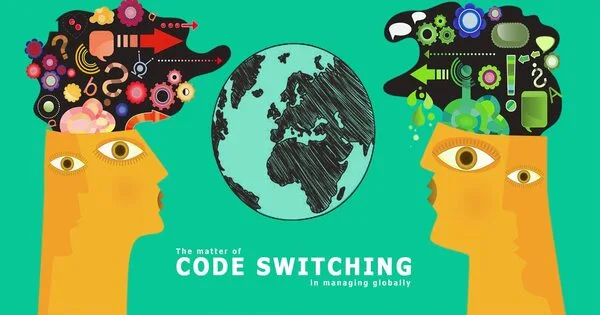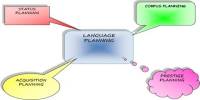The tendency in a speech community to use various languages or language varieties in different social contexts, or to switch linguistic patterns in order to change an established social setting, is known as situational code-switching. It is the activity of switching between multiple languages, dialects, or communication styles depending on the social or situational context of a discourse.
Some languages are thought to be better suited to a specific social group, place, or topic than others. Language usage and switching patterns are influenced by social factors such as class, religion, gender, and age. This phenomena is frequent in multilingual or multicultural settings, when people may be proficient in numerous languages or have been exposed to a variety of language variants.
Here are some examples of situational code-switching:
- Bilingual Conversation: Individuals in a multilingual conversation may flip between two languages depending on their comfort level or the topic being addressed. When addressing family concerns, for example, a conversation may begin in English and then transfer to Spanish.
- Formal vs. Informal: Depending on the situation, people frequently swing between formal and informal language. They may use formal language and titles in a professional context, while they may use informal language and first names in a casual setting.
- Cultural References: When addressing culturally significant themes, people may transition to a language or accent that conveys the cultural nuances better. When discussing traditional cuisine, for example, someone may turn to a regional vernacular.
- Group Dynamics: Code-switching can also occur within specific social groups. For instance, a group of friends who are fluent in both English and French might switch between the two languages during their conversation.
- Code-Switching for Inclusivity: In diverse environments, code-switching can be used to include everyone. If a group consists of speakers of multiple languages, participants may switch to a common language to ensure everyone can participate.
- Professional Jargon: In specialized fields like medicine, law, or technology, professionals often use specialized terminology and jargon. When speaking with colleagues in the same field, they might code-switch to include this specialized language.
- Humor or Emphasis: Code-switching can also be employed for humorous effect or to highlight specific topics. Combining languages or dialects can add levity to a discourse or bring attention to specific features of it.
The dynamic character of language and communication is reflected in situational code-switching, a complicated sociolinguistic phenomenon. It is frequently influenced by the speakers’ social identities, the topic of the conversation, and the social norms of the community or group in which the conversation is taking place.
















